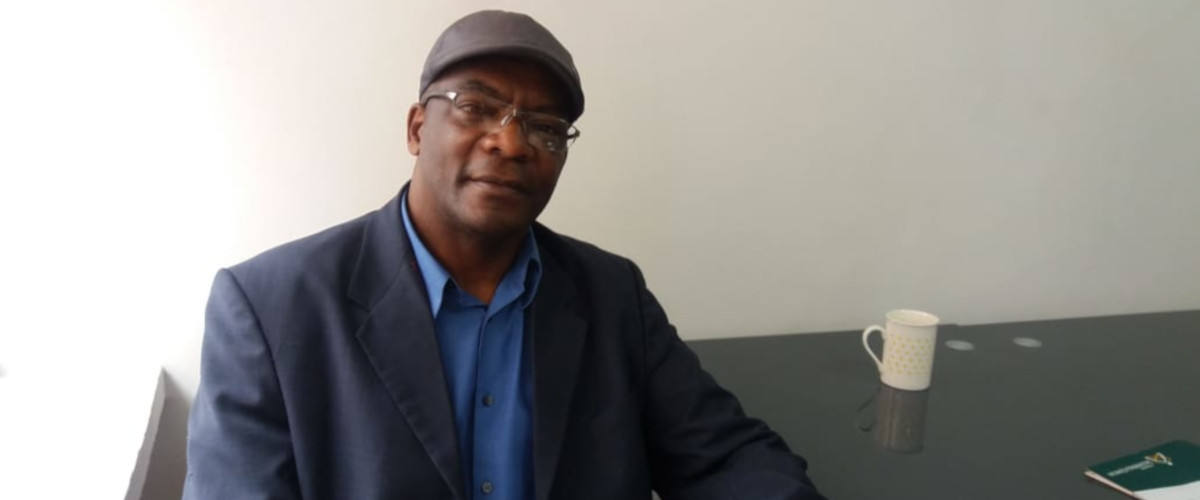
The panel was framed as a question: “Is the American Anti-Corruption Model Broken?” but the moderator, Frank Vogl, an Advisory Council Member to Transparency International started by treating it as fact. The United States is in the middle of a “political crisis,” he said, using the murder of American resident, Washington Post columnist Jamal Khashoggi by the alleged ally Saudi Arabia as his first example.
On Wednesday 24 October, one of the IACC’s final panels focused on the United States at this exceptionally exceptional point in history. It delved into a wide ranging conversation with influential speakers: Ambassador Norman Eisen, the “ethics czar” under former President Barack Obama, Daniel Schneider, a professor at American University teaching courses on corruption and transnational organised crime, who previously held senior positions at the US Justice Department, Matthew Stephenson, a professor at Harvard Law School and the founding editor of the Global Corruption Blog, and Jodi Vittori, who is currently a fellow at the Carnegie Endowment for International Peace and who used to work with NATO’s only counter-corruption task force.
The room was packed for the event, and – with the chairs set in a circle – it became a forum for a robust back and forth, particularly as many of the audience members were also influential actors in the anti-corruption sector.
Each panelist had a different issue to note. Daniel Schneider said that corruption in the United States used to refer to money in politics, but he didn’t think the word “corruption” is the best way to frame money’s “pernicious influence” on American politics. He then commented that he didn’t want to conflate the “crisis” of Donald Trump’s presidency with what Americans at least normally think of as corruption, that is, money in politics. Presumably, Schneider wanted to highlight Trump’s ascent as something more outrageous than run of the mill lobbying issues, which he reinforced by concluding that Trump’s administration is transgressing norms as much as violating laws.
Matthew Stephenson spoke next, bringing up the watershed 2010 Supreme Court Citizens United ruling and saying it made clear that “access is the essence of democracy,” and defined a bribe as “requiring an explicit quid-pro-quo.”
Then Ambassador Eisen took a turn, first speaking of his experience under Obama, saying the former President told him he wanted a “zero corruption mode” with “zero tolerance” in the White House when he started. He did not allude to the criticism the administration received in regards to opacity ranging from blocking press to obscuring facts about drone strikes, and no one asked him about that later.
Ambassador Eisen recalled a “monastic” interpretation of corruption – “If it’s fun it’s not allowed!” he joked – and said one of his main jobs was keeping the “money people” at bay.
In contrast, the Ambassador said the Trump administration is “openly hoovering up cash,” but he concluded that he thinks that, while there is a “cancer” in the White House, the systems have protected the country from the worst of his excesses.
This contrasts with Schneider’s point that part of the danger of Donald Trump is that much of what he does is breach what have been upheld as moral best practices, not actually break laws.
Vittori went last with an international perspective, and said one of her main concerns as a taxpayer is the 2017 withdrawal of the Extractive Industries Transparency Initiative. She was upset about developments since 2016, and, in a follow up conversation said that the United States is no longer a leader in the anti-corruption movement, but also said she thinks there is a possibility that in three to seven years there could be a response to Trump via the implementation of laws to enforce what were previously understood as norms.
After Vittori spoke, the moderator opened up the room for questions and comments: everyone had something to say.

